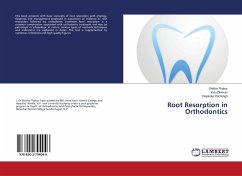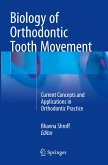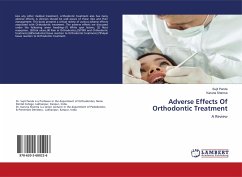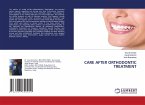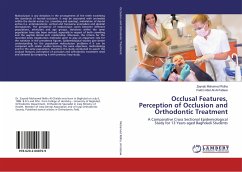The benefits of orthodontic treatment are numerous and in most cases, the benefits outweigh the possible disadvantages. Orthodontic treatment can play an important role in enhancing esthetics, function, and selfesteem in patients. However, it carries with it the risks of enamel demineralization, tissue damage, root resorption, open gingival embrasures in the form of triangular spaces, allergic reactions to nickel, and treatment failure in the form of relapse. These potential complications are easily avoidable by undertaking certain precautions and timely interventions by both the orthodontist and the patient. The orthodontist must ensure that the patient is aware of the associated risks and stress the importance of the patient's role in preventing these untoward outcomes. The decision whether to proceed with the orthodontic treatment is essentially a riskbenefit analysis, where the perceived benefits of commencing treatment outweigh the potential risks. This book provides an overview of the iatrogenic possibilities of orthodontic treatment and the role of the patient as well as the orthodontist in preventing the associated risks.
Bitte wählen Sie Ihr Anliegen aus.
Rechnungen
Retourenschein anfordern
Bestellstatus
Storno


